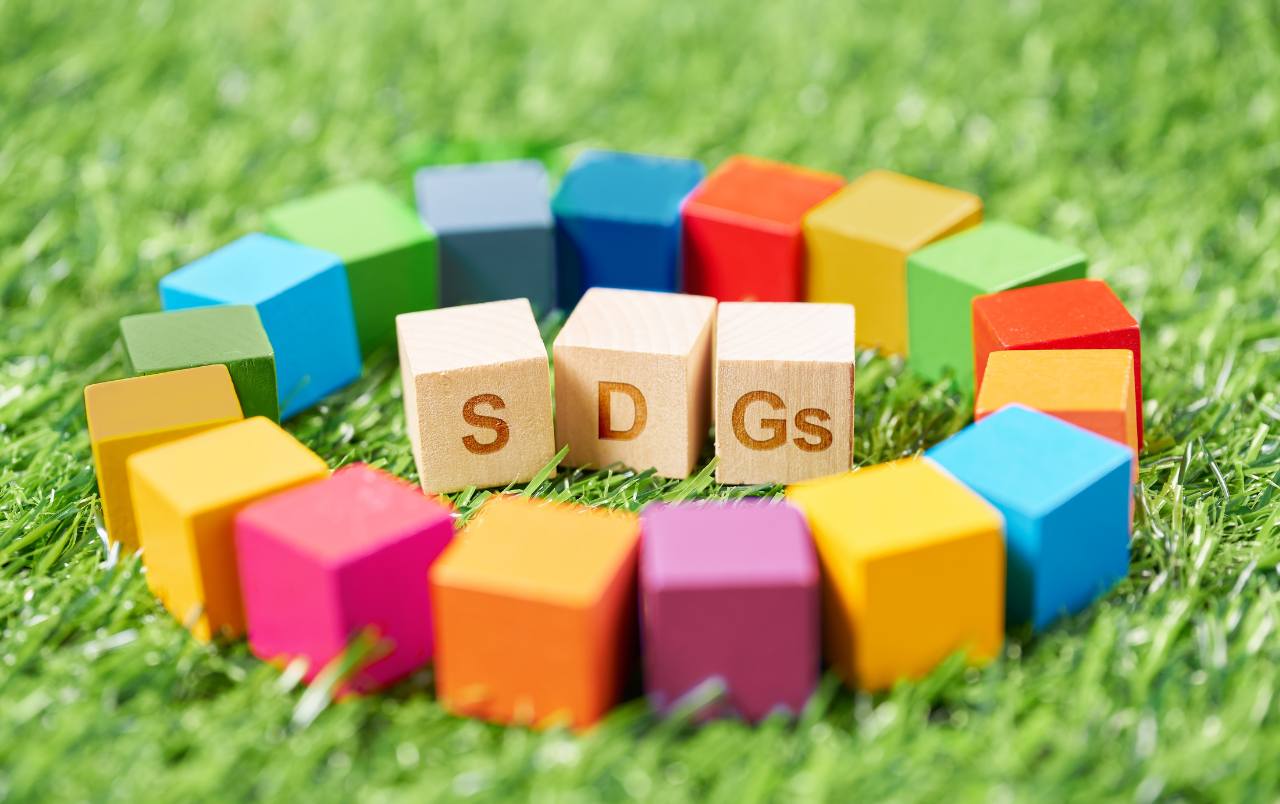The discussion will focus on the implementation of the 2030 Agenda in Africa, Asia and Latin America.
1. The world is gearing up for Sustainable Development Goals (SDGs) acceleration, but is still leaving some behind.
We are halfway through the 2030 Agenda and the world is now moving from Sustainable Development Goals localization to SDGs acceleration. The purpose of this is to catch up and to successfully reach the goals in 2030. Disparities in the capacity to implement transformative policies for acceleration action, however, pose a risk of fragmented acceleration creating pockets of success and failure on the SDGs agenda. The Global South has a higher chance of falling in that trap.
Not setting the region up for failure would mean ensuring that policies for SDGs acceleration are inclusive and broadly match the priorities and capacities in the South. For this, lessons from COVID-19 can provide guidance. Data and evidence-based policy research emerging from pandemic policy responses call for the global community to devise policies and strategies that can enable the Global South to effectively design and implement transformative policies, ensuring an inclusive acceleration.
2. Inclusive acceleration requires an enabling environment.
The scale, speed and developmental outcomes of transformative acceleration policies by virtue of their very nature depend on four key capacities:
- ecosystem supporting digital transformation,
- capacity to form impactful partnerships for SDGs (matching local needs),
- capacity to (re)act within the changing and uncertain structural circumstances to absorb shocks and recover sustainably, and
- capacity to access and benefit from global initiatives, forums and policies.
Drawn from multi-regional and multi-country studies exploring what shaped the impact of supporting policy during COVID-19, these may be called “the primary capacities”.
Southern Voice’s flagship initiative State of the SDGs shows in its 2023 edition that the inclusion of the Global South in acceleration actions through these primary capacities can lead to inclusive SDGs acceleration. It would balance urgency with the inclusion of vulnerable populations, and of marginalised countries and regions. Conversely, an absence of these capacities poses a risk of structural exclusion of those already left behind.
3. Matching urgency and inclusion will prevent Global South failure
If the Global South lacks primary capacities, it is at risk of failing SDGs acceleration. With greater vulnerability to shocks and limited foundational resources, the region faces challenges to achieve the SDGs. Strengthening these primary capacities in the Global South is, therefore, essential for inclusive acceleration. Actions based on urgency alone without inclusion of regions that lag behind in the Agenda 2030 will lead to inequitable acceleration and a more unequal post-2030 world.
The urgency to accelerate progress on the SDGs, therefore, must be carefully balanced with the need for inclusion, especially as the Global South faces unique challenges. These range from political instability, poor governance, and the burden of natural calamities to economic constraints. Prioritising urgency over inclusion could result in two significant risks: structural exclusion and inequitable progress.
Focusing solely on urgency could systematically exclude countries from the Global South from participating in SDG acceleration actions. This exclusion stems from existing social and economic inequalities, weak governance structures, and limited access to global resources. Moreover, these countries often lack the influence to shape global policies, further cementing their exclusion.
4. Collective action is needed for inclusive SDG acceleration.
International cooperation to harness digital transformation, inclusive multilateral governance platforms such as the World Bank and the International Monetary Fund (IMF), equitable provision of resources such as climate finance, and institutional capacity-building can enhance both national primary capacities and individual primary abilities. This creates a holistic and sustainable strategy for inclusive acceleration, and requires:
- Integration of the vulnerable and marginalised into development priorities at national, regional and global levels;
- Bridging the digital divide within and across countries and regions;
- Sharing the burden of climate change and ensuring equal access to climate finance, operationalizing loss and damage funds;
- Providing effective debt relief to highly debt-distressed countries, linked to vulnerabilities;
- Overhauling global governance with greater participation and decision-making powers for the Global South.
Overall, it is vital to have a more inclusive debate on, and an action plan for SDG acceleration, with the Global South in the lead. Inclusion of the Global South must not be side-lined. Instead, it must be at the heart of acceleration actions, and must take priority over urgency. Relatively small but inclusive progress on SDGs is better than a higher performance of few while leaving vulnerable regions behind.
An inclusive future depends on the degree to which the SDG acceleration agenda balances urgency with the inclusion of the Global South.
About the SVSS initiative
This article is part of Southern Voice’s “State of the SDGs” initiative. It provides evidence-based analysis and recommendations to improve the Sustainable Development Goals (SDGs) delivery. As a collaborative program, it compiles a broad range of perspectives usually missing from international debates. The report aims to fill an existing knowledge gap, enriching the SDG discussions and levelling the playing field with new voices from the Global South.


